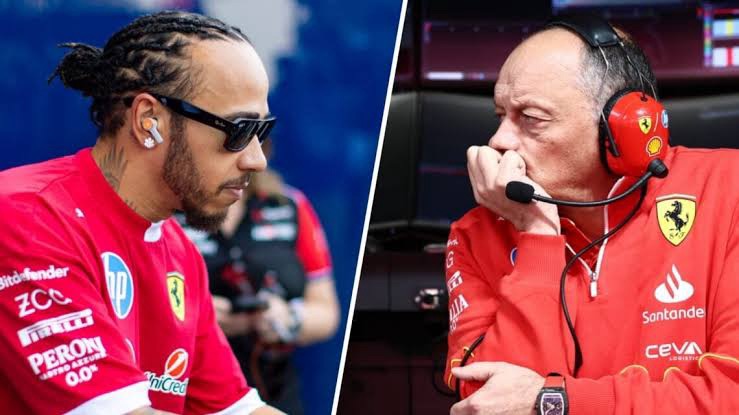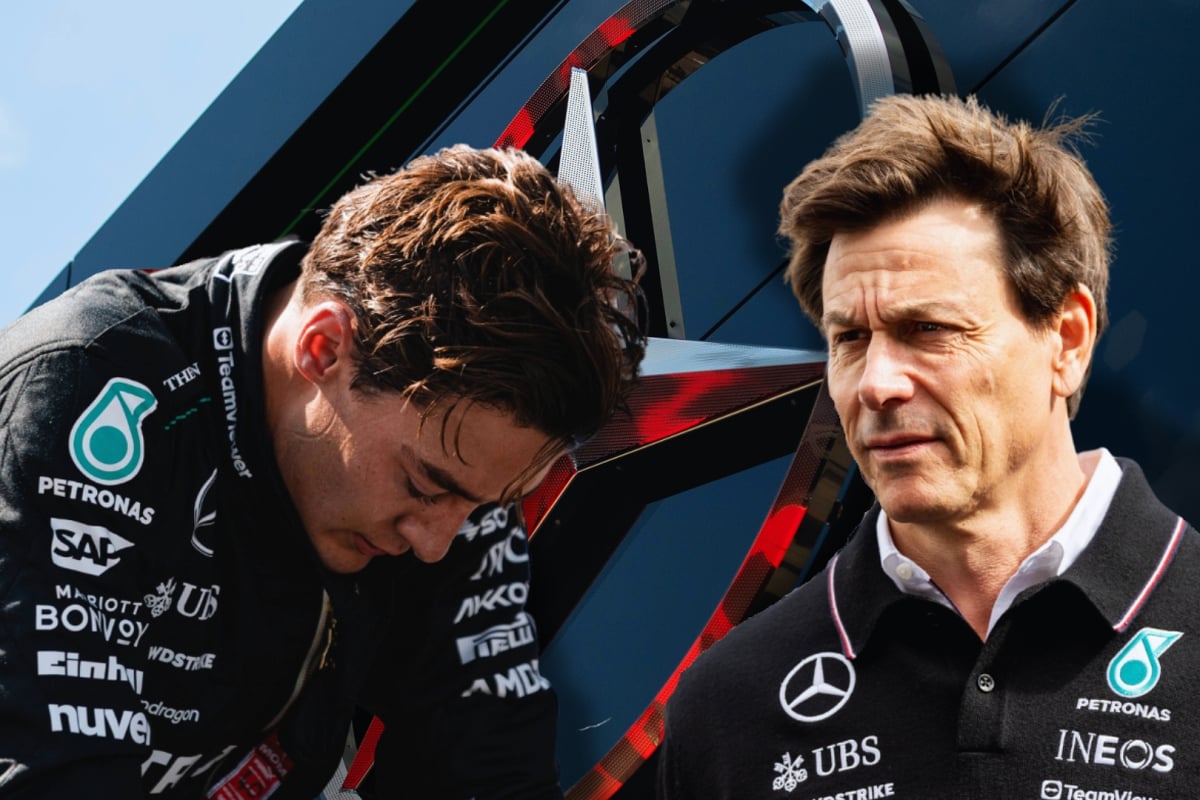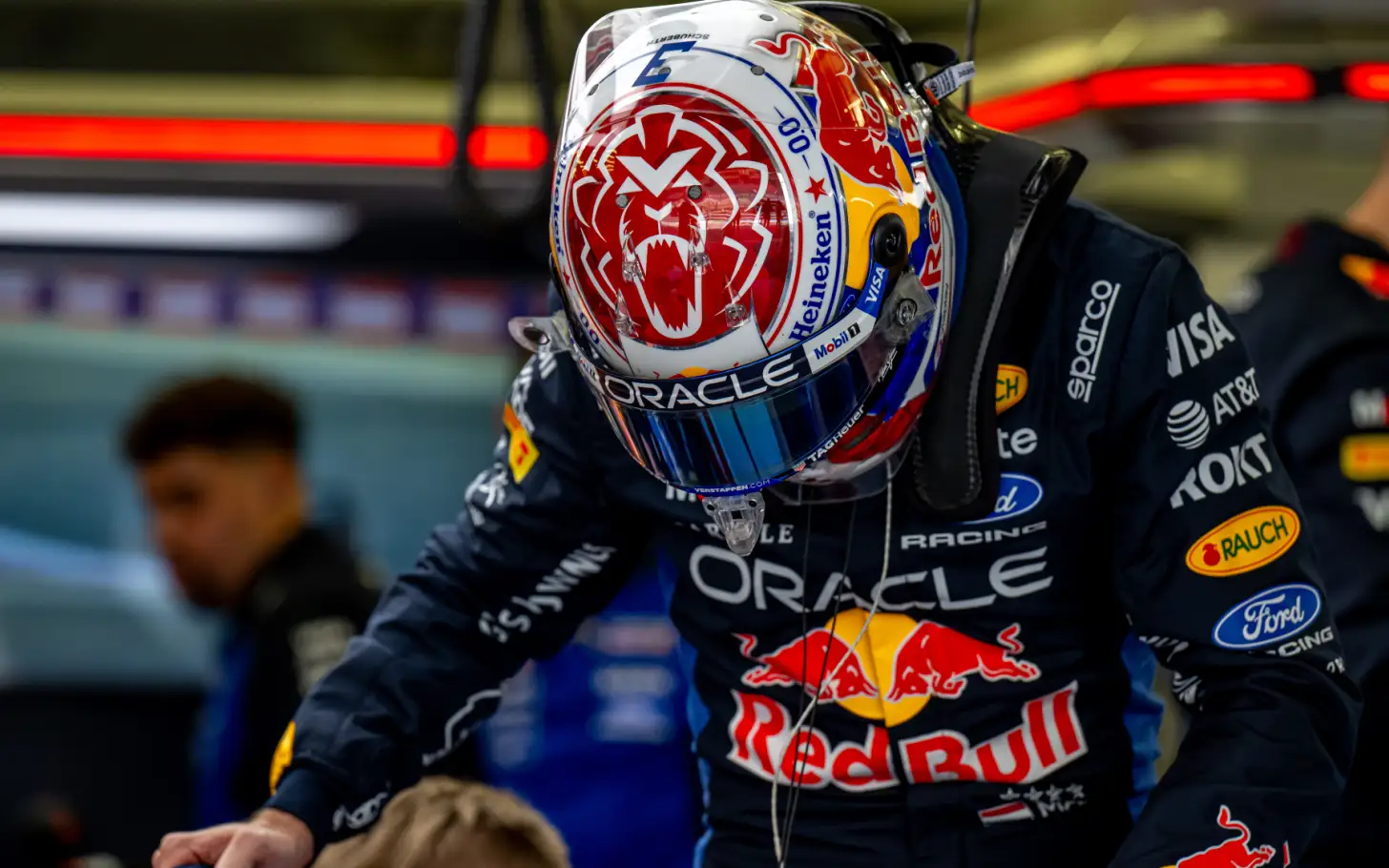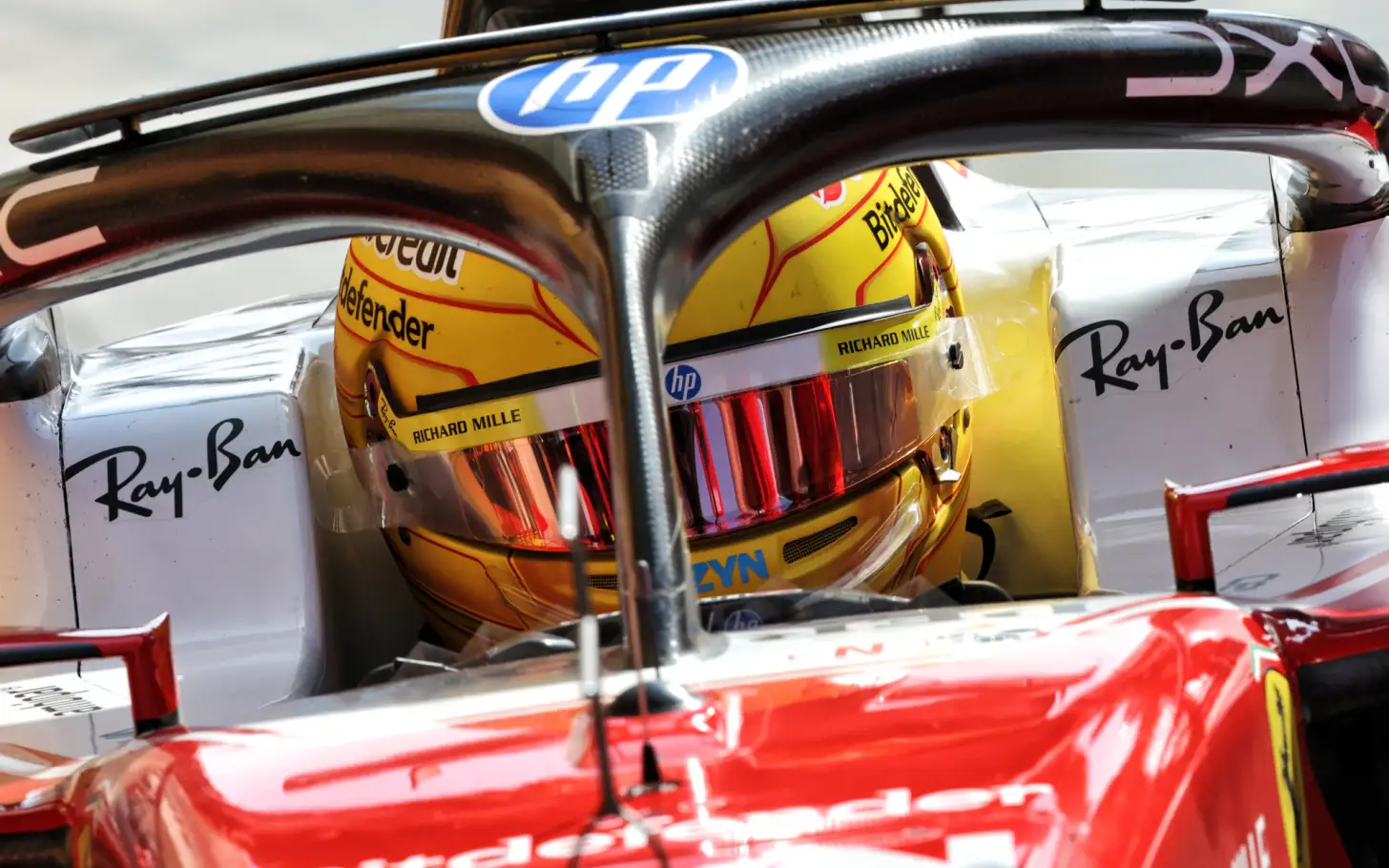FIA Fines Ferrari €5,000 for Tyre-Handling Breach During Friday Practice at Imola
The Fédération Internationale de l’Automobile (FIA) has imposed a monetary penalty on Scuderia Ferrari following a procedural misstep that occurred during free-practice running for the Emilia-Romagna Grand Prix at Imola on Friday. After reviewing evidence and hearing from a Ferrari team representative, the race stewards determined that Ferrari violated the instructions set out in Technical Directive 003G (formerly 003Q), section 2 g.ii, which governs how teams may re-use tyres within the same session and, crucially, what checks they must perform before making any adjustments.
What Happened in the Garage?
During Friday’s FP1 session Charles Leclerc’s crew elected to re-mount a set of previously used tyres on his SF-24. Under the relevant directive, a team is permitted to do this, but only after it has first measured and recorded the tyres’ temperature and then secured written approval from the FIA’s tyre delegate before altering inflation pressures, removing blankets, or undertaking similar work. In the report presented to the stewards, Ferrari’s own representative conceded that the temperature-checking step—designed to confirm that the rubber has not cooled below the regulated minimum—was skipped. This omission constituted a breach of Article 30.5 (a) of the 2025 Formula One Sporting Regulations, which integrates the directives on tyre usage.
The Stewards’ Rationale
The panel noted in its published decision that the infraction took place in a non-competitive context—free practice, where no grid positions or championship points are at stake. Nevertheless, technical infringements carry an inherent safety element: incorrect or unverified pressures can compromise tyre integrity and, by extension, driver safety. Citing precedent, the stewards explained that similar operational tyre violations in practice sessions have historically attracted financial punishments rather than sporting sanctions. Consequently, Ferrari was ordered to pay a fine of €5,000. No licence points were deducted from Leclerc, nor was the Monegasque driver threatened with a grid drop.
Echoes of a 2024 Mercedes Case
Ferrari’s penalty inevitably rekindles memories of a nearly identical incident that befell Mercedes-AMG Petronas at Interlagos in November 2024. On that occasion, Lewis Hamilton and George Russell were sat on the grid awaiting the start of the São Paulo Grand Prix when race control announced a ten-minute delay due to a track-side issue. Mercedes mechanics took advantage of the pause to adjust the rear-tyre pressures on both cars. Although the team argued it was a permissible reaction to the unexpected wait, the stewards ruled that the action contravened the same technical directive. Because the breach occurred during the starting procedure rather than in practice, there was brief speculation that sporting penalties—such as time penalties or even a pit-lane start—might follow. In the end, however, the stewards opted for a financial sanction only, fining Mercedes €5,000 per car, for a combined total of €10,000.
Why Only a Fine?
Fans frequently question why certain rule breaches attract mere fines while others result in harsher sporting punishments. The answer typically rests on two factors: competitive advantage and safety impact. In both the Ferrari and Mercedes cases, the FIA judged that the teams did not obtain a measurable performance gain and that the breach was administrative rather than malicious. Furthermore, free-practice infringements are generally treated with leniency, since lap times set in those sessions do not determine grid order. Were the same oversight to occur in qualifying or during the race, the stewards would have wider discretion to impose grid penalties, time penalties, or even disqualification.
Lessons and Next Steps
Ferrari’s sporting director will now be required to report the corrective measures the team will put in place to prevent recurrence, although such follow-up is usually handled privately between a team and the FIA’s technical department. Meanwhile, other teams are likely to revisit their own tyre-handling checklists to ensure strict compliance, especially given the increasingly granular directives governing pre-heating, blanket removal, and minimum starting pressures.
For Leclerc and team-mate Carlos Sainz, the fine has no direct bearing on their weekend performance. Nevertheless, the episode serves as a reminder that even minor procedural lapses carry a cost in Formula One’s hyper-regulated environment. With margins between rivals trimmed to tenths—and sometimes hundredths—of a second, no team can afford distractions, financial or otherwise, as the European leg of the 2025 season gathers momentum.



